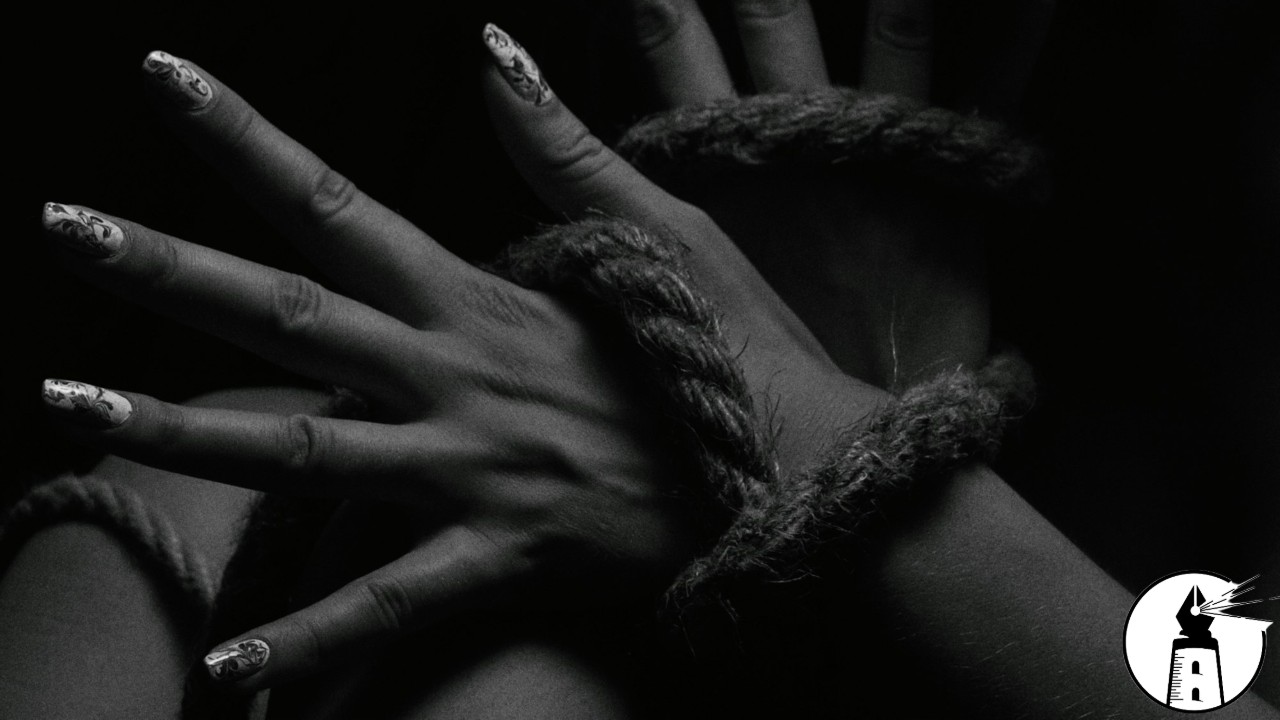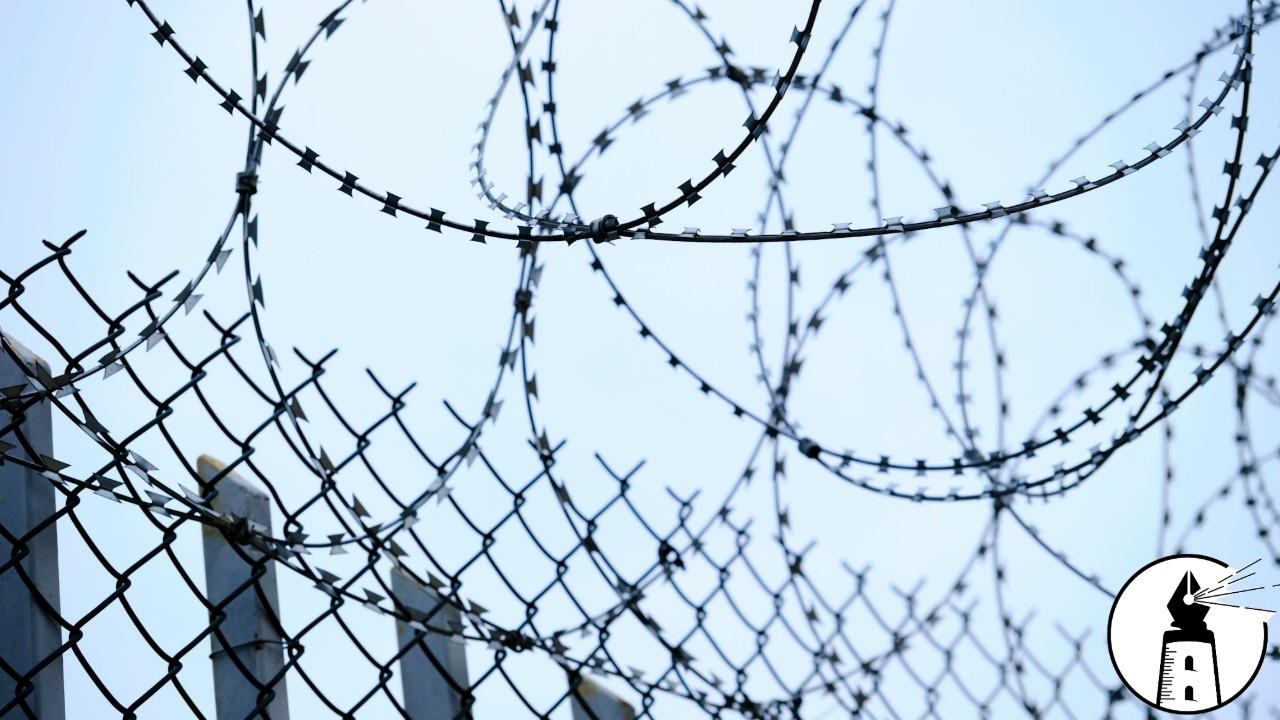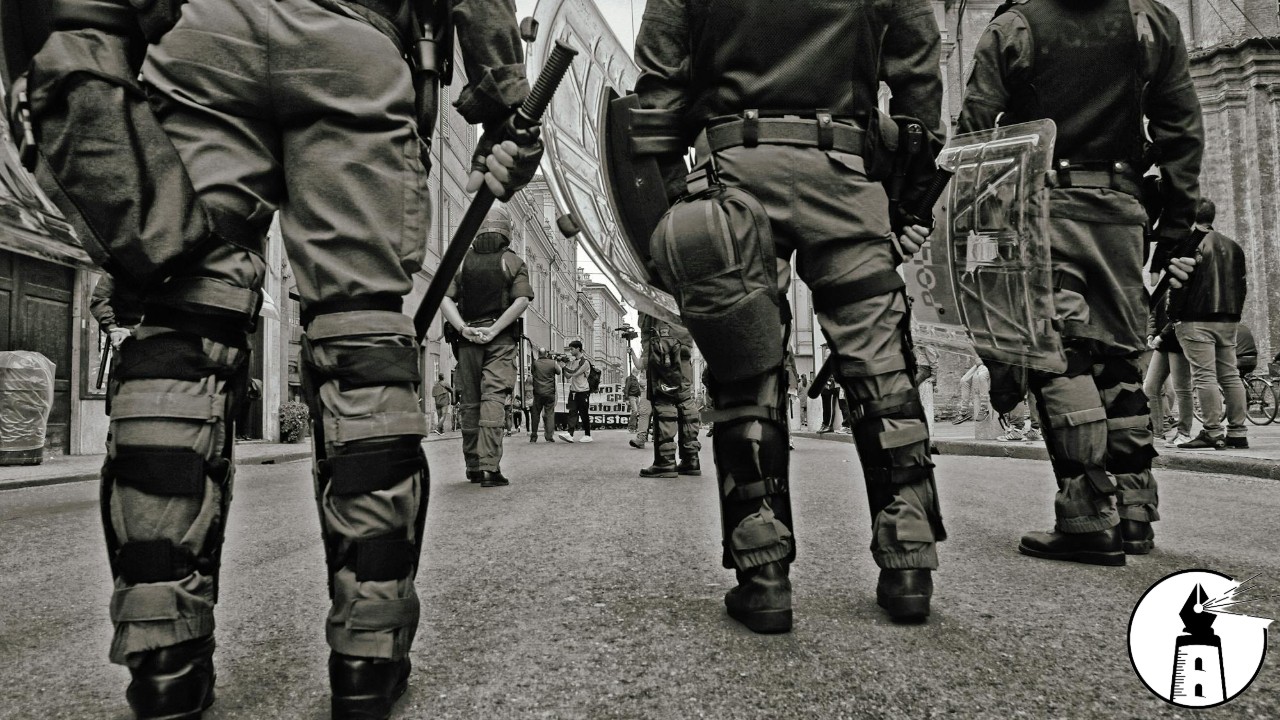In a previous blog post, we covered the arrest of Sean “Diddy” Combs on federal sex-trafficking charges, a case that drew national attention due to the high-profile nature of the defendant and the serious nature of the allegations. At the time, Combs faced charges of racketeering conspiracy and sex trafficking, with claims that he used his influence to orchestrate drug-fueled events involving coercion, manipulation, and abuse. That post also served as a broader reminder that human trafficking is a widespread issue affecting people beyond the world of celebrity, and that it demands attention and accountability across all levels of society.
Now, new developments in the case have added another layer of complexity. A federal jury has acquitted Combs on three of the five charges he faced, including the most serious allegations of racketeering under the RICO Act and sex trafficking. However, he was found guilty on two counts of transporting individuals across state lines for prostitution, stemming from his so-called “freak-off” events involving drugs and escorts. While Combs avoided mandatory minimums and the possibility of a life sentence, the remaining convictions still carry a maximum penalty of 20 years in prison.
Despite the partial acquittal, Combs will remain in custody at New York’s Metropolitan Detention Center until his sentencing hearing later this year. A judge denied his request for bail, citing a long history of domestic violence and ongoing risk to the public and victims. Prosecutors presented evidence that Combs continued to engage in physical abuse even after learning he was under federal investigation, including a documented assault just three months before his arrest.
While the court ruled on the specific legal definitions and burden of proof required for each charge, the broader outcome of the case has sent a concerning message. The fact that Combs was acquitted on three of five counts, including sex trafficking, despite overwhelming evidence of exploitation and abuse, risks reinforcing the perception that certain forms of trafficking can go unpunished if committed behind the veil of power, wealth, and celebrity.
Compounding that concern is the revelation that President Donald Trump has considered the possibility of issuing a pardon to Combs. Though such a move remains speculative, it raises questions about the influence of politics in high-profile criminal cases and the long-standing debate about justice being applied equally, regardless of status.
Combs’ legal team continues to argue for leniency, claiming he poses no flight risk and has been cooperative throughout the proceedings. Based on sentencing guidelines, the rapper could receive as little as two years in prison, and with time already served since his arrest in 2024, it is possible he could be released soon after sentencing.
While the legal process continues to unfold, the outcome of this case highlights the ongoing challenges in prosecuting human trafficking and related crimes. High-profile prosecutions draw public attention, but the fight against trafficking demands consistent accountability, not only for celebrities but for offenders at every level of society.
If you or someone you know may be a victim of human trafficking, there are organizations that can help. The National Human Trafficking Hotline (1-888-373-7888) is available 24/7 to offer assistance and guidance. Ending human trafficking requires all of us to educate ourselves, and speak up for those who cannot.
—By Greg Collier



